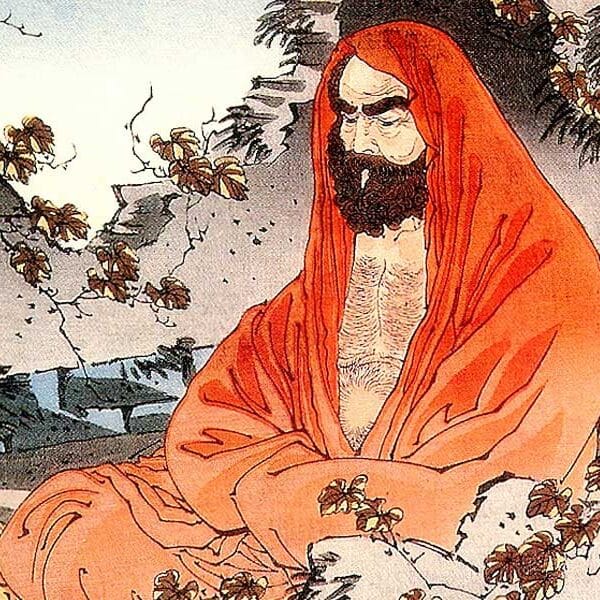In a new instalment in the literature on happiness, I was invited to write a more mainstream summary how to achieve external quality of life by building an untouchable internal well-being.
In the last fifty years there has been a growing scientific interest in what makes up happiness. Life areas such as relationships, work, or money were investigated however it was found that they only partially predicted happiness. Because well-being was based on fluctuating mental states and changing life conditions, it was always unstable, and on average people reported themselves mostly happy but not completely happy.
In response I ask what it takes to be fully happy. This chapter explores the possibility of whether happiness can be a stable attribute of a fully functional human being. I turn to traditional mindfulness and the ancient wisdom traditions who assert we can achieve lasting happiness and ask what are the psychological mechanisms that can be drawn from them. Their claim that the sense of self is constructed and responsible for the fluctuations in happiness is explored, and a model of robust happiness is considered.





